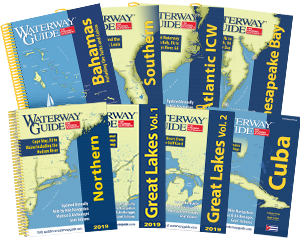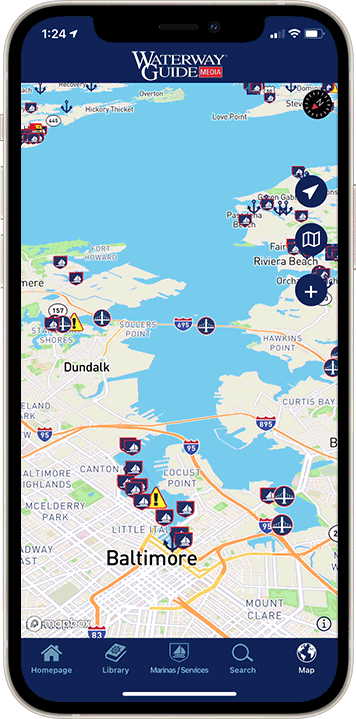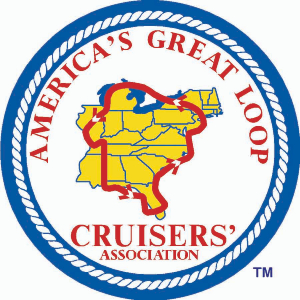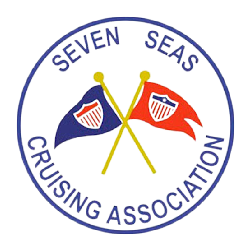Explore Our Latest News & Articles
In our previous article, Boat Financing Checklist: What to Know Before You Buy, we touched on U.S. Coast Guard documentation as a requirement for some lenders. Here, we'll dive deeper into the differences between documenting a vessel and registering it with your state—an important decision for anyone stepping into the cruising or boating world.
When purchasing a boat, this is often one of the first choices you'll face. Both documentation and registration serve as legal identification for your vessel, but they differ in purpose, requirements, and benefits.
What is Vessel Documentation?
Vessel documentation is a national form of registration administered by the U.S. Coast Guard's National Vessel Documentation Center (NVDC). While it is a U.S. federal process, documentation is also recognized internationally as proof of nationality, much like a passport for your boat. This makes it especially valuable if you plan to cruise beyond U.S. waters.
Any vessel measuring at least five net tons (generally over 26 feet) is eligible. For recreational vessels, documentation is optional. But for certain commercial uses it is required—this includes passenger-for-hire operations (such as captained charters and tour boats), commercial fishing, carrying cargo for hire, and other coastwise trade in U.S. waters.
Documented vessels must carry two forms of identification:
- An official name and hailing port displayed permanently on the stern, following Coast Guard standards.
- An Official Number issued by the Coast Guard, affixed permanently inside the hull on a structural part of the vessel (with the prefix "NO." before the number).
Benefits of Documentation:
- Recognized internationally: making foreign travel and customs clearance easier than state registration.
- Required by many lenders: since only documented vessels can carry a preferred ship mortgage.
- Stronger theft deterrent: creates a federal ownership and lien record that makes resale or disguise of a stolen vessel far more difficult, and improves recovery odds.
- Authorizes the vessel to fly the U.S. flag.
Note: In 2022, the Coast Guard began allowing recreational vessel owners to select multi-year renewals (up to 5 years at a time) making it more convenient, although commercial vessels still remain on an annual renewal cycle.
What is Vessel Registration?
Vessel registration is a state-level process, much like registering your car. Each state has its own agency—often the Department of Motor Vehicles (DMV) or Department of Natural Resources (DNR)—that issues registration numbers and certificates. Registration is required for most boats, though rules vary. Some states exempt very small craft, non-motorized vessels, or boats that are already Coast Guard documented.
Although administered by your home state, a valid registration is legally recognized nationwide through reciprocity agreements. If you travel to another state, your registration generally remains valid for 60–90 days before local rules may require action.
State registration can also serve abroad. Many destinations will accept a state registration certificate as proof of ownership and nationality. However, the process of clearing in may involve more paperwork or questions compared to a federally documented vessel.
Benefits of registration:
- Simpler and usually less expensive than documentation.
- Available for vessels of any size, including small boats under five net tons.
- Basic theft deterrent: bow numbers aid identification and discourage theft locally, but because records are kept at the state level only, recovery across state lines is less robust than with federal documentation.
Can you do both?
In most cases, you cannot both document and register your vessel at the same time. However, some states still require documented vessels to obtain a state decal or pay a use tax even though they are not formally registered. Always check your state's rules.
Which Option Is Right for You?
The choice between documentation and registration often comes down to how you plan to use your vessel.
Choose Documentation if:
- Your boat is 5 net tons or larger and qualifies.
- You plan to finance with a lender who requires a preferred ship mortgage.
- You intend to cruise internationally and want the smoothest experience with foreign customs.
- You operate commercially (charters, passenger-for-hire, fishing, or cargo).
- You value the added protection of a federal ownership record.
Choose Registration if:
- Your boat is smaller than 5 net tons, or you simply want the most straightforward and affordable option.
- You plan to use your boat primarily in local or regional waters.
- You don't need international recognition or a preferred ship mortgage.
Whether you choose Coast Guard documentation or state registration, the key is to stay compliant. Documentation provides a passport-level identity for larger or commercially operated boats and is often the best option for international cruising or financing. Registration, meanwhile, offers a simpler, more affordable route for smaller vessels and local boating.
Both systems ensure your vessel is legally recognized and protect your rights as an owner. The best choice depends on your boating lifestyle, your cruising plans, and your long-term goals on the water.












